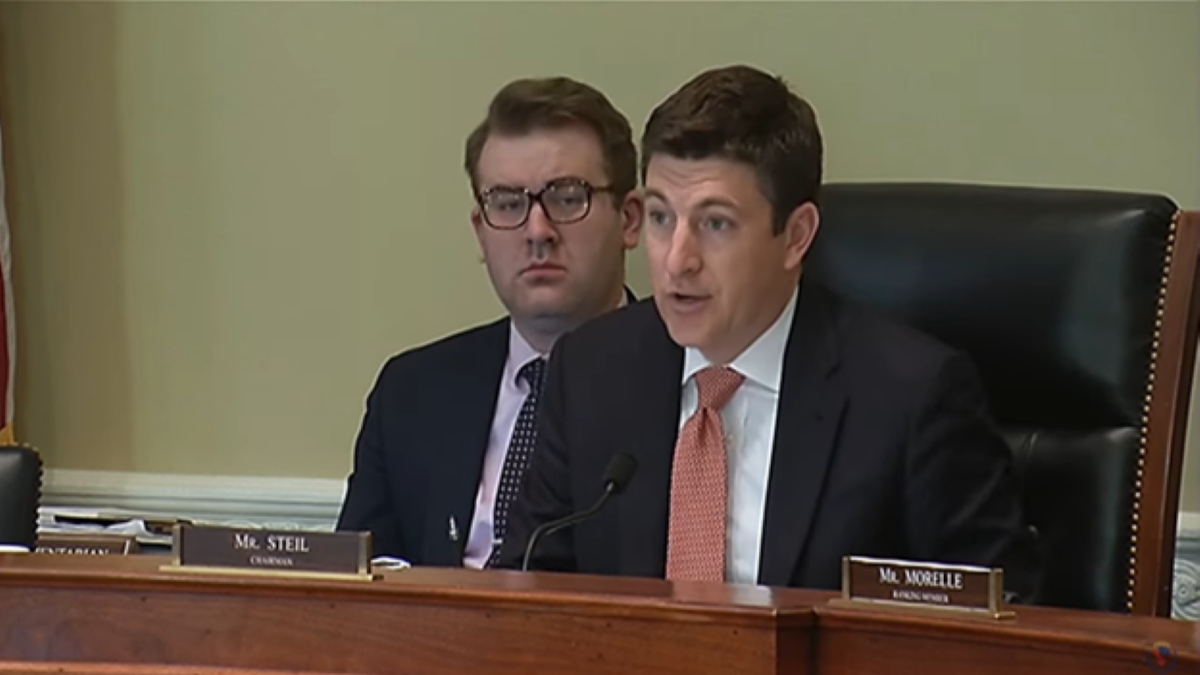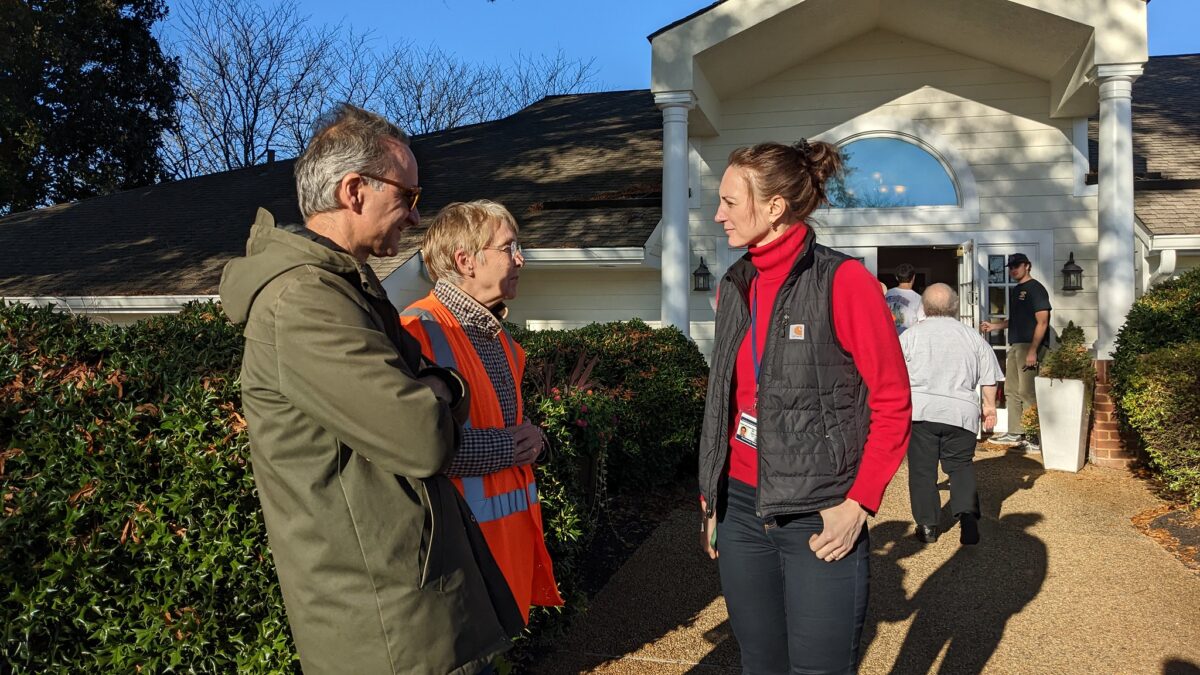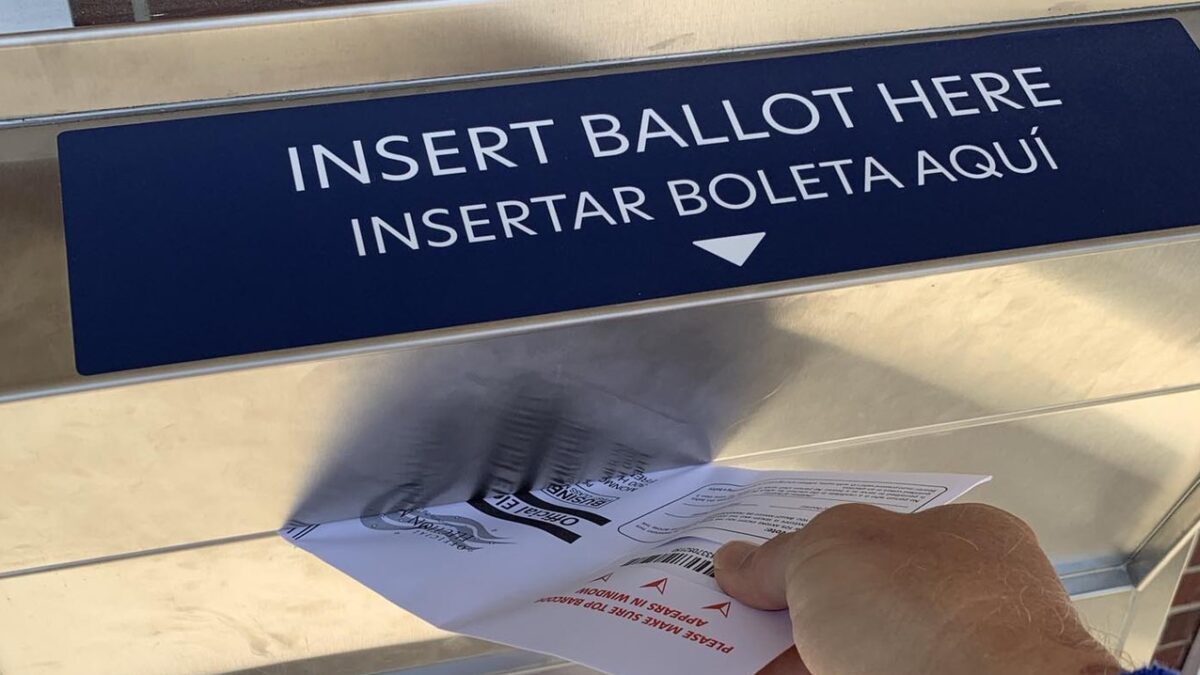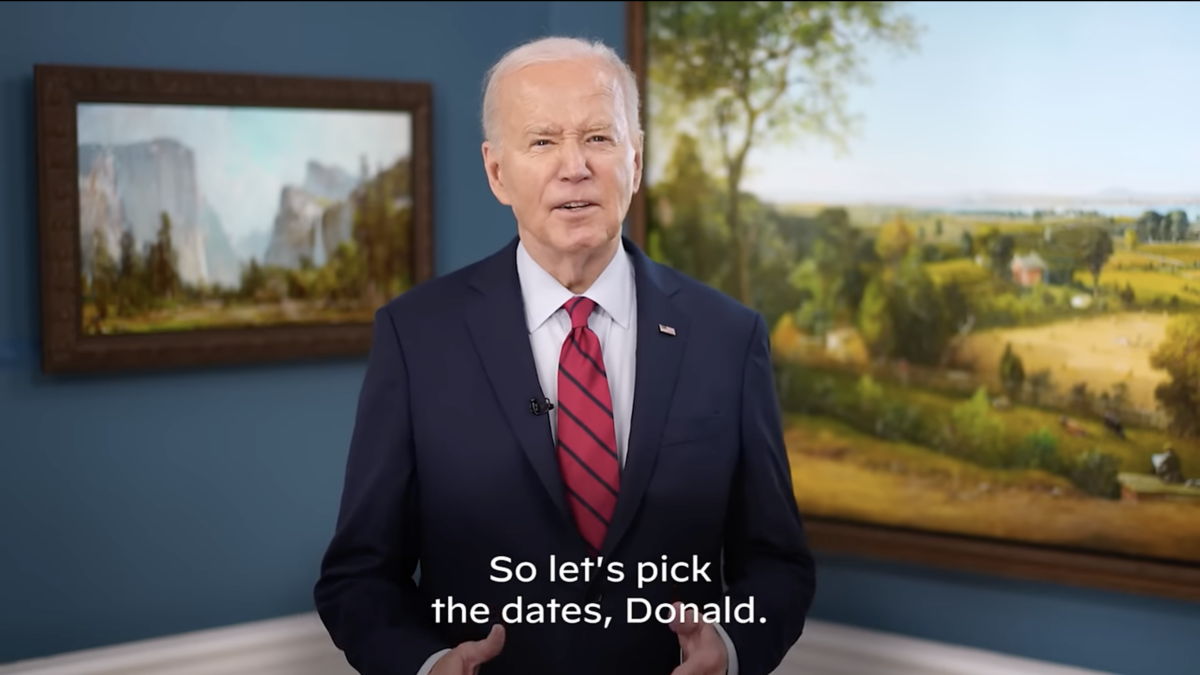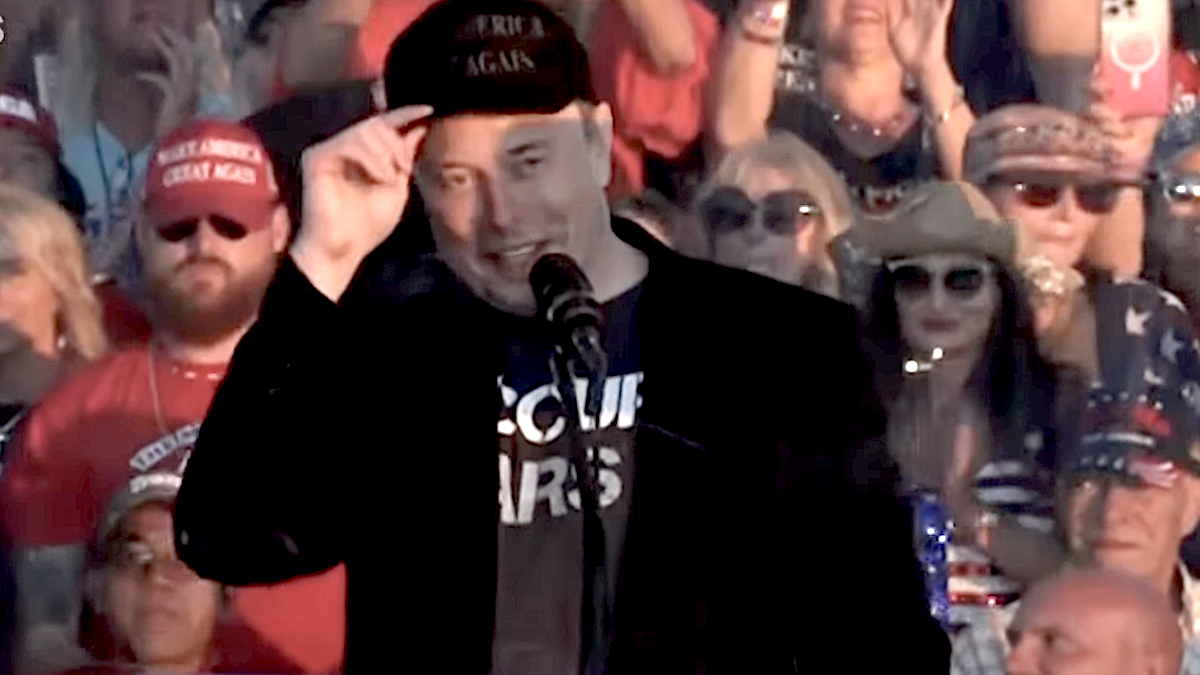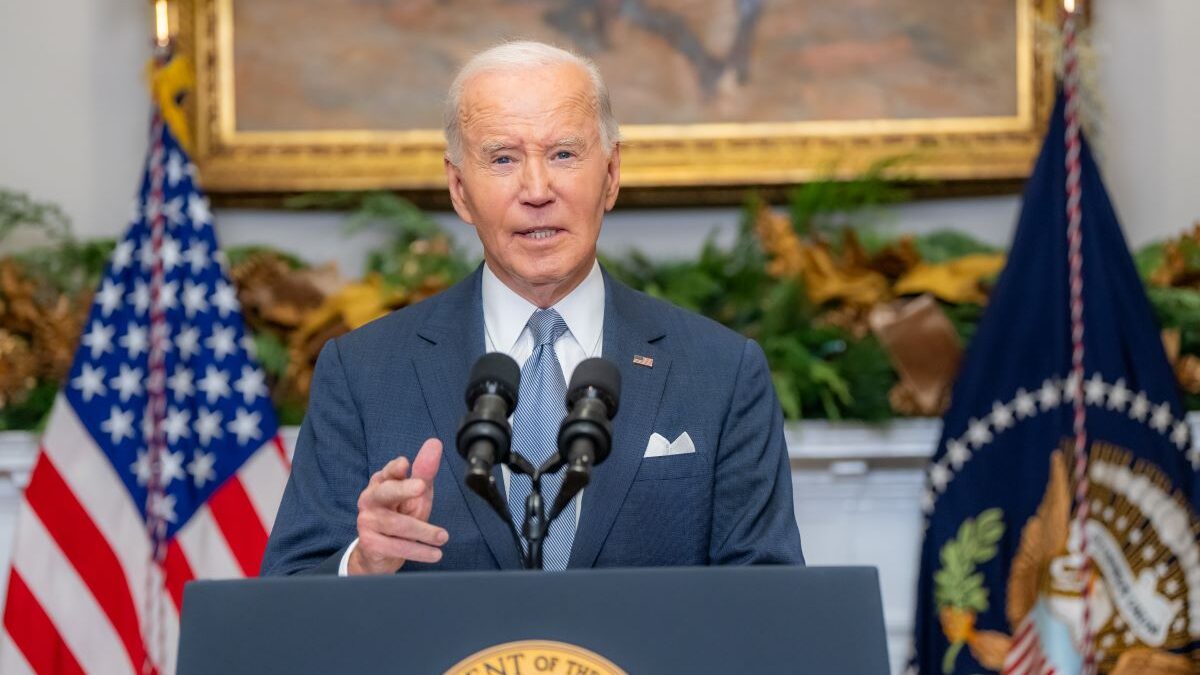Republicans on the Committee on House Administration held a hearing Thursday highlighting the importance of political speech and Americans’ confidence in U.S. elections.
“Our Founding Fathers enshrined the First Amendment in the Constitution. Unfortunately, in our highly politicized, political culture, and climate, the First Amendment has been under attack through the use of misinformation czars and cancel culture,” said Chair and Wisconsin GOP Rep. Bryan Steil. “As a result, many Americans have grown concerned that their voices will be suppressed or that their beliefs will be weaponized against them.”
As an example, Steil cited the IRS’s targeting of conservative organizations during the Obama administration. About 10 years ago, it was revealed the IRS intentionally delayed applications for “tax-exempt status from right-of-center organizations” leading up to the 2012 election. Numbering in the hundreds, these groups were “improperly subjected to baseless investigations, invasive and improper demands about their donors, and lengthy delays in processing routine paperwork.”
The Department of Justice ultimately settled with dozens of these groups over the scandal in 2017.
In order to uphold the First Amendment and boost voter confidence in elections, Steil said he is focused on introducing the American Confidence in Elections Act (ACE Act), which he claims is a “federalist approach” to increasing integrity and confidence in elections. According to Steil, the bill would “prohibit the IRS and any other federal agency from asking for an organization’s donor list, creating ad-hoc standards, and applying them to ideologically opposed groups.”
A version of this legislation was previously introduced during the 117th Congress.
The House Admin Committee heard from several witnesses during Thursday’s hearing, including Harmeet Dhillon, a lawyer and Republican National Committeewoman who challenged Ronna McDaniel to become RNC chair earlier this year. In her remarks, Dhillon discussed the “coordinated efforts” between the federal government and private actors to influence the outcome of elections, specifically the “expanding government efforts to censor core political speech online” and “increasing use of private funds to run public election operations.”
According to Dhillon, The Twitter Files reveal “extensive shadowbanning to limit certain opinions that are disfavored by the government. Twitter relied on government actors and nonprofit partners to identify the speech it then chose to censor.”
Other Big Tech platforms, such as Facebook, have also been busted for colluding with the federal government to interfere in elections.
In addition to online censorship, Dhillon testified about the concerning nature of “Zuckbucks.” During the 2020 election, nonprofits such as the Center for Tech and Civic Life received hundreds of millions of dollars from Meta CEO Mark Zuckerberg. These “Zuckbucks” were poured into local election offices in battleground states around the country to change how elections were administered, such as by expanding unsupervised election protocols like mail-in voting and the use of ballot drop boxes. To make matters worse, the grants were heavily skewed toward Democrat-majority counties, essentially making it a massive, privately funded Democrat get-out-the-vote operation.
“Distrust in elections is not a partisan issue. Both Republicans and Democrats have expressed a historic level of distrust in our elections, and I hope that a renewed commitment by Congress to protecting freedom of speech in elections will help alleviate that trend and increase public confidence in America’s elections,” Dhillon said.
Predictably, House Democrats used Thursday’s hearing to play political games, attacking Republicans and spreading numerous falsehoods regarding conservative-led election integrity efforts. During their respective questioning times, Reps. Terri Sewell of Alabama and Norma Torres of California repeated the debunked claim that Republican-backed election integrity laws are suppressing the ability of Americans to vote. While Sewell falsely asserted such laws disproportionately suppress racial minorities and disabled voters, Torres went on to bizarrely invoke the Jan. 6, 2021, riot at the U.S. Capitol, saying it was a “really dark day in Americans’ history.”
Meanwhile, ranking member and New York Democrat Rep. Joe Morelle used his time to further the left’s ongoing smear campaign against originalist U.S. Supreme Court justices, specifically Associate Justice Clarence Thomas. During his opening statement, Morelle referenced ProPublica’s non-story about Thomas having a wealthy friend and suggested the justice’s prior rulings on cases involving financial disclosures weren’t based on proper jurisprudence but on nefarious, personal bias. The New York Democrat also wasted his time attacking just-indicted GOP Rep. George Santos and interrogating witnesses on whether they believed Joe Biden won the 2020 election.
Morelle had employed this same “gotcha” tactic over the 2020 contest in previous committee hearings.
